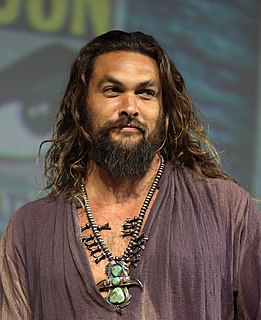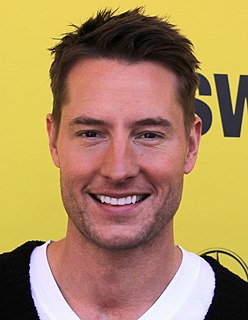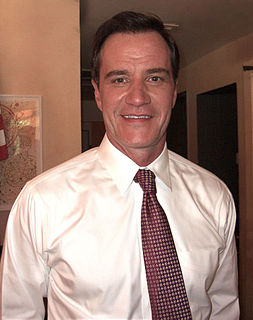A Quote by Anton Chekhov
Formerly, when I would feel a desire to understand someone, or myself, I would take into consideration not actions, in which everything is relative, but wishes. Tell me what you want and I'll tell you who you are.
Quote Topics
Related Quotes
But while I'd be their daughter, while I'd eat the roast and come home from dates and wash the dishes, I would also be myself. I would love my mother, but I'd never want to be her again. I would never be what someone else wanted me to be. I would never laugh at a joke I didn't think was funny. I would never tell another lie. I would be the truth-teller, starting today. That would be tough. But I was tougher.
The angels started visiting and helping me as far back as I can remember. I was lonely a lot in my childhood and the angels would come and comfort me, and help me to feel better, and at the same time they would also take me to places. I literally mean they would take me on a journey and tell me things.
Vera said: 'Why do you feel you have to turn everything into a story?' So I told her why: Because if I tell the story, I control the version. Because if I tell the story, I can make you laugh, and I would rather have you laugh at me than feel sorry for me. Because if I tell the story, it doesn't hurt as much. Because if I tell the story, I can get on with it.
She didn’t understand why it was happening,” he said. “I had to tell her she would die. Her social worker said I had to tell her. I had to tell her she would die, so I told her she was going to heaven. She asked if I would be there, and I said that I would not, not yet. But eventually, she said, and I promised that yes, of course, very soon. And I told her that in the meantime we had great family up there that would take care of her. And she asked me when I would be there, and I told her soon. Twenty-two years ago.
I have to try to watch myself and give myself feedback. People would take for granted that I was ready to go right away. And I would say, "No, no, no, no, I actually have to go talk to myself." Because I need to just take a minute to think about what just happened and tell myself what to do in the next take, so just give me two minutes to go be a director.
The meaning of secrecy is very different when the model of love is one of transparency. So to understand the politics of secrecy and revelation, you need to understand the larger culture in which the couple lives and also the culture of the couple itself. What does intimacy mean to them? Where does the couple draw the line between togetherness and separateness? That's what informs you. You always ask, "What would happen if I tell? What would happen if I don't tell?" Sometimes, the partner doesn't want to know.
A slow smile curved over my face, and I leaned down over him. "No," I said. "Wishes are lies. Tell me you're going to leave. Tell me you're not going to stay. Tell me that it's only for a while so I can enjoy today," I whispered in his ear, as if saying it louder would break me. "And when you go, don't think me cold when I don't cry. I can't cry anymore, Pierce. It hurts too much.
Jeff Eastin is good in that he'll tell me a plot twist that's coming up if he thinks it would be something Peter would know ahead of time, and if it's something that would be a surprise to Peter, I'll tell Jeff, 'Oh, don't tell me. I don't want to know.' And then it's exciting to read it and exciting to play it.
Why would anybody connect to someone who has everything going for them? It's the person who has faults that people want to connect to. So people identify with certain insecurities on stage and just by me talking about my diabetes people come up to me after the show and tell me "Gabe, my blood sugar is out of control and I feel you". That's the first thing they say, they say "I feel you!".
I never have people tell me their stories. I usually have to figure them out myself. Because I know that if people tell me stories, they will expect them to be remembered. And I cannot guarantee that. There is no way to know if the stories stay after I'm gone. And how devastating would it be to confide in someone and have the confidence disappear? I don't want to be responsible for that.




































